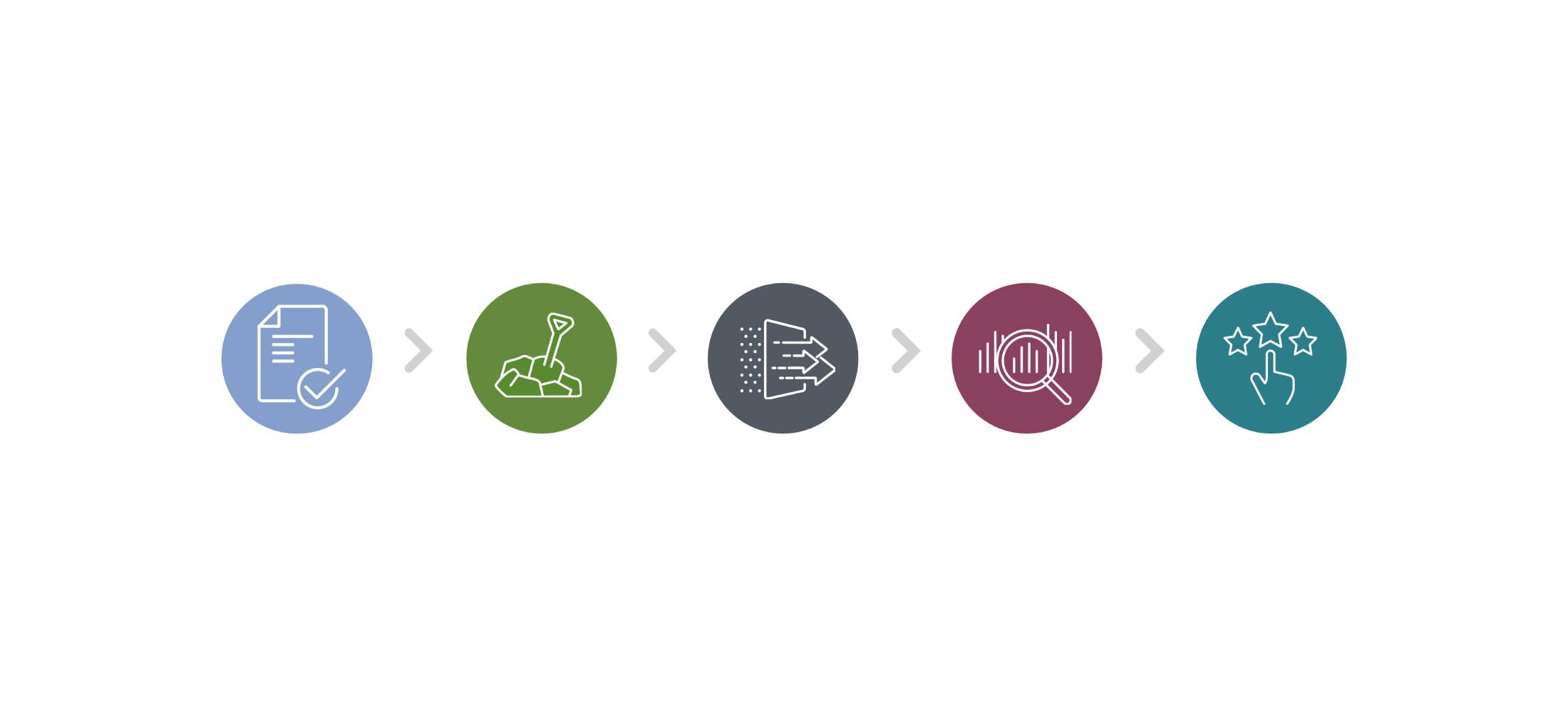We are very excited to start working on three new projects in the coming weeks. Read details about them below!
Materials to Measure NorthStar Skills
Client: Generation Schools Network
Generation Schools Network (GSN) is working with school districts in Colorado to co-create a student-centered reporting solution to help guide instruction and ensure student success. Part of that reporting solution will address career competencies, or “NorthStar Skills,” that students need to develop to be successful after high school. Battelle for Kids describes these skills in Portrait of a Graduate (https://portraitofagraduate.org/).
We will be working with GSN to define and measure their NorthStar Skills. It is not our first time working with GSN, and we’re excited to continue our partnership. Through previous contracts, we assisted GSN in developing measurements for NorthStar Skills chosen by the Santa Fe Trail BOCES (SFT BOCES) and I-76 corridor schools. In our latest project, we will develop definitions for three NorthStar Skills: Collaboration, Empathy, and Social Capital. We will then identify the competencies related to each and develop progressions, rubrics, and sample assessment items for each competency.
Evaluation of The Essential 0-5 Survey: Infant-Toddler Teacher/Staff Survey
Client: Start Early
We will provide data analysis services to Start Early, a nonprofit public-private partnership focused on improving access to quality early childhood education and care. Start Early’s The Essential 0-5 Survey: Infant-Toddler Teacher/Staff Survey uses teacher perceptions to measure the quality of early childhood education programs.
Marzano Research will conduct a psychometric validation of the survey that will help ensure the tool accurately measures what it is intended to measure. To help Start Early use the results of our analyses, we will host and facilitate an online data sense-making event to collaboratively review and interpret preliminary findings. Finally, we will develop a validation report demonstrating the extent to which The Essential 0-5 Survey: Infant-Toddler Teacher/Staff Survey is appropriate for infant and toddler settings. This project is an opportunity to continue our previous work with Start Early.
Oregon’s Accelerating Learning Strategic Plan
Client: Oregon State University
We are partnering with Oregon State University (OSU) to provide facilitation and strategic planning support as it develops an Accelerating Learning Strategic Plan. This work has been made possible because OSU received a federal ESSER III grant from the US Department of Education to support Oregon students and educators in addressing unfinished learning that resulted from the impact of the COVID pandemic.
We are looking forward to providing updates as these projects get underway!




